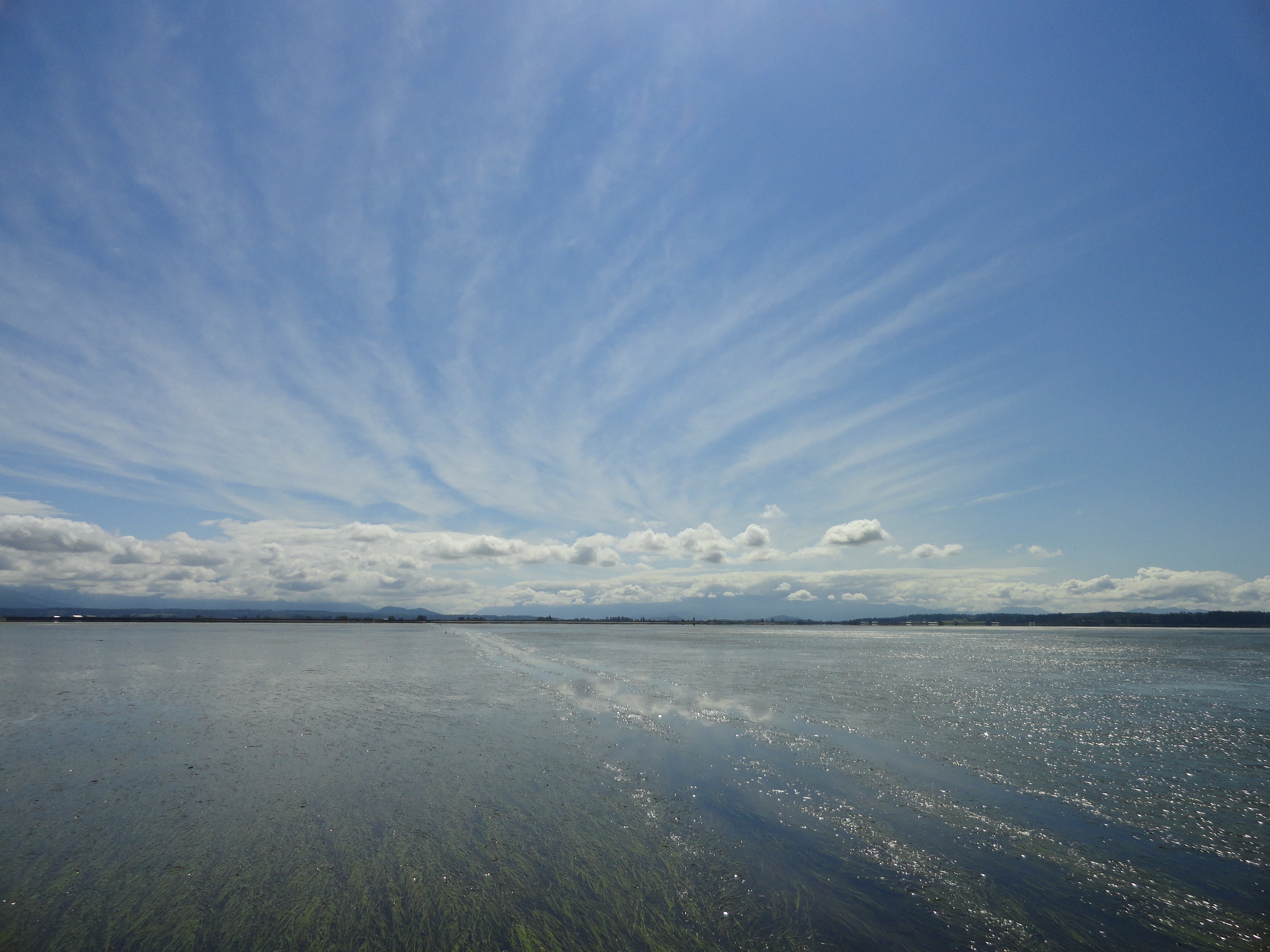Seagrass Sleuthing
Karissa and Deb participated in the Padilla Bay National Estuarine Research Reserve survey of seagrass distribution this past month. In addition to helping out, we also collected tissue for genetic analyses of the native Zostera marina and the non-native Zostera …
